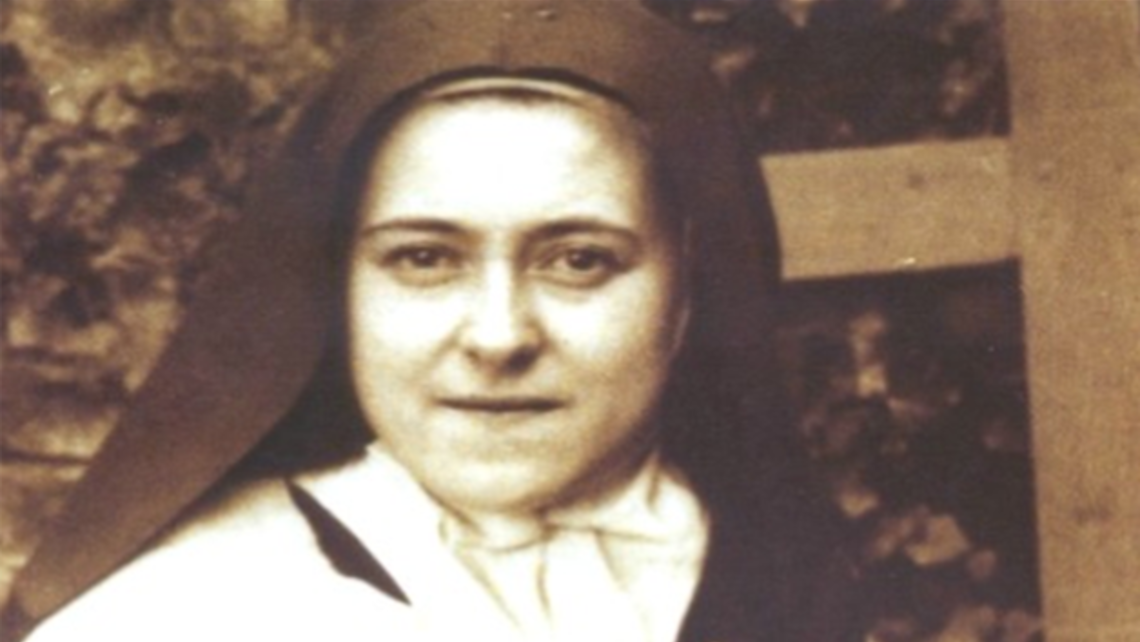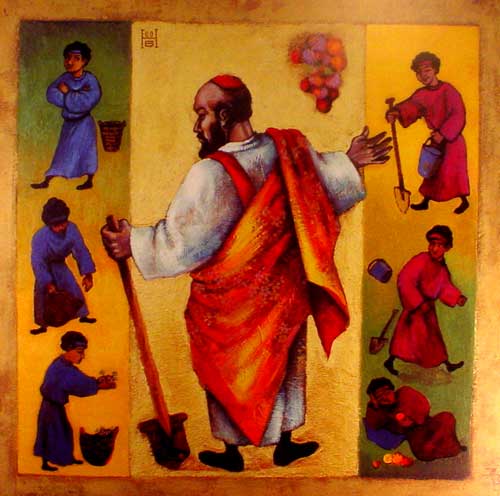We don’t have to move around so much nowadays, because we have so much information available online. If we want to research a topic, we do not need to get up from our chairs and go to the bookshelf to find the right volume of the encyclopedia. We don’t have to drive to the library. We can stay seated on our desk chairs and key in the subjects on our computers. Many people are working from home during this pandemic. They can stay positioned at their desks at home and do their jobs. School children might be learning as they sit at their kitchen tables.
What about our positions at church—if we have gone back to church yet. We certainly cannot sit near other church-goers.
I began thinking about our body positions when we are at church, even in “normal” times when contagion is not an issue. If we are striving to be holy, or at least, trying to become holy, we do spend some time attending Mass. We change our positions a number of times during the liturgy. Do we think about the significance of these changes?
Many of us genuflect as we pass the tabernacle or as we enter a pew. I realize that many of us have trouble genuflecting because of disability, arthritis, and the like. Better, then, just to do a little bow. I have wondered, however, about some of the genuflections I have seen. I question if we understand that it is supposed to be a prayerful gesture of respect and recognition. Do we demonstrate to others who are probably watching a thoughtful bending of the left knee as we go down on the right knee? Do we say a small Act of Faith or other prayer of praise?
We stand when the celebrant enters, when we say the opening prayers, pray the Gloria, at the reading of the Gospel, when we say the Nicene Creed and the Prayer of the Faithful, as we begin the Liturgy of the Eucharist, when we are invited to recite the Lord’s Prayer and exchange a sign of peace, and as the Mass concludes and we receive the final blessing. Why do we stand? It is not just part of a program of Catholic aerobics! Our rising signifies a call to attention, a change of emphasis, a reminder that something important is about to happen that requires our attention.
How about kneeling? We might kneel when we first come into church and say a few centering prayers as we adjust to our holy environment. We kneel again during the Liturgy of the Eucharist, as the celebrant prays the Eucharistic prayers and during the consecration and distribution of Communion. We kneel in reverence; we fall to our kneels in humility and devotion.
And then there are the times we sit, when we listen to the first two readings, from the Old Testament and the New Testament, and the psalm. We sit and pay fervent attention also as the celebrant recites the offertory prayers, and we offer ourselves to the Lord.
I conclude that body positions both influence and reveal our thinking. Our bodies and our minds are so importantly connected, and both have to be in the right place for us to be holy. Holiness involves stepping away from worldly things, being detached because of a higher, eternal goal. We have to slow down and strive for that which is sacred.
Today we celebrate the memorial of St. Thérèse of the Child Jesus. It is recorded that at age eleven, Thérèse developed a habit of mental prayer as she found a place between her bed and the wall to pray. She found a position in which she could think of God and eternity even at her very young age. She elevated the joy of simplicity to the realm of love.
Let us pray and ask St. Thérèse to intercede for us that we may position ourselves in prayerful praise of God, our Father, in loving service to our neighbor, and in the attainment of personal holiness.
Sharon Krause is a RENEW volunteer whose writing has appeared in several resources for small-group faith sharing. She is a wife, mother, and grandmother residing in Manchester, CT. Over the years, she has served in many parish ministries.
Resource: Catholic Online/Saints & Angels



